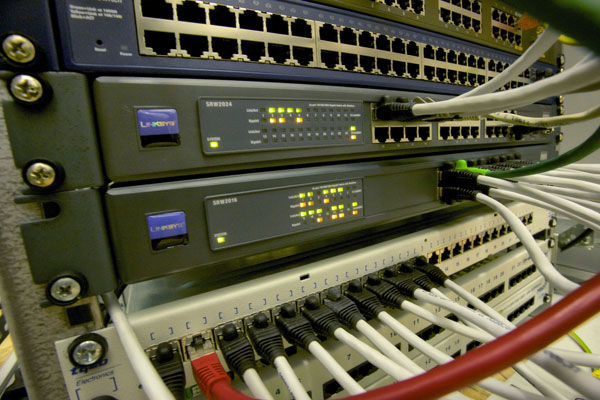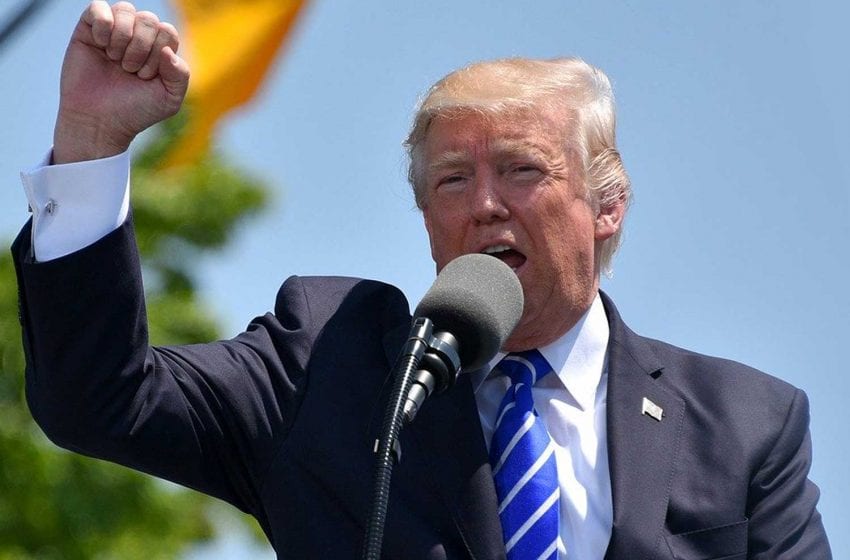Improving tobacco excise tax management with automation
By John Beaty
Tobacco excise taxes are almost as old as the United States. In 1790, Alexander Hamilton proposed a tobacco excise tax to the Congress. The tax was passed by Congress in 1794, modified shortly after, then later suspended and repealed. However, in the mid-1860s, tobacco excise taxes were implemented once again, and since then both the number and type of tobacco excise taxes have proliferated, creating a complex web of rules and regulations.
Today, governments at the federal, state and local levels all use a diverse set of tobacco excise taxes to raise revenue. As a result, tobacco manufacturers, wholesalers, distributors and retailers face a complicated excise tax regulatory environment in which tobacco excise taxes vary greatly depending on product and region, forcing these organizations to invest significant resources into excise tax determination and compliance management efforts. The vast majority of these companies manage excise tax determination and compliance using custom spreadsheets or add-ons built in-house to their legacy enterprise resource planning (ERP) applications.
These internal legacy excise tax management systems come with a plethora of hidden costs and risks for tobacco companies. They must devote precious resources to monitoring the constantly evolving regulatory environment and then updating their in-house systems to reflect these changes. If they make even small errors during these updates, they can find themselves facing significant noncompliance penalties. In addition, all this work on excise tax management distracts them from their main strategic focus: the production, marketing, distribution and sale of tobacco products.
Unlike the tobacco industry, many companies in the motor fuel industry and other industries use cloud-based, automated excise tax determination and compliance management solutions. These solutions automate resale or exemption certificate collection preparation and filing of tobacco returns, validation of transactional details, and other aspects of excise tax management, all while also providing detailed tax reporting.
By following the lead of these other industries in moving to cloud-based, automated excise tax management solutions, tobacco companies can reduce compliance costs and risks and concentrate more on the strategic initiatives that are central to their success.
Increasing tax management complexity
In the past, when the tobacco excise tax environment was simpler, companies spent and risked little if they used custom spreadsheets and in-house ERP add-ons to manage their excise tax determination and compliance. However, today the tobacco market, and with it the tobacco excise tax environment, is much more complex. Tobacco companies now sell a wide variety of products such as vapes, snus and heat-not-burn products. There are new distribution channels where manufacturers or wholesalers go direct to consumers and retailers act like wholesalers. While previously only a few states collected excise taxes on electronic cigarettes and vapor products, the number of states collecting taxes on these new tobacco products, and the number and types of taxes they have implemented, is growing. The U.S. Food and Drug Administration (FDA) has also recently enacted a rule to regulate all tobacco products, not just traditional cigarettes, further increasing excise tax complexity.
In addition, taxes are increasingly calculated using multiple units of measure—sticks, packs, ounces and milliliters. If current internal legacy systems are hard-coded to handle only one unit of measure, it can require major changes to reflect these new units of measurement. Meanwhile, there are new requirements for electronic filing that require e-filing formats that follow FTA standards. While FTA standardization will be beneficial in the long run, in the short-term it will require IT and tax analysis resources to update their internal legacy systems to reflect these new mandated requirements.
Excise tax systems built in-house come with high costs and risks
The growing number and types of excise taxes, and constant changes being made to these taxes, mean that tobacco companies are now investing significant resources into updating and maintaining their internal legacy excise tax management systems—whether these be custom spreadsheets or in-house built legacy ERP add-ons. Not only do tax departments need to keep track of changes to all the regulatory rules, rates and forms, but they also need to update their spreadsheets and ERP add-ons to reflect all these changes.
But that’s not the only expense. Often, human error can be one of the costliest parts of excise tax management. For many tobacco companies, spreadsheets are the go-to tool for managing excise taxes, and these spreadsheets are chalk full of manual processes. Even small errors can affect reporting, and these errors can result in significant penalties for non-compliance. The potential costs are high, and that doesn’t even begin to include the opportunity costs associated with companies investing time and money into this nonstrategic work.
Automating tax management in the cloud
To avoid the costs and risks associated with in-house tax systems, industries with similar excise tax complexity, such as motor fuel supply and distribution, use cloud-based, automated excise tax management solutions. These comprehensive solutions support tax determination, calculation, return preparation and filing. This offloads the massive effort required to track tax rules, rates and reporting requirements, as well as the work needed to build and maintain custom spreadsheets and in-house built legacy ERP add-ons. And, by leveraging tobacco excise tax expertise across multiple industry players, companies benefit from improved efficiency and reduced compliance risk.
With cloud-based, automated excise tax management solutions, tobacco companies can eliminate manual entry of regulatory changes, which significantly reduces the risks associated with human error. In addition to the cost savings that come with the sharing of resources for tax research, testing and automation, there are additional savings associated with moving excise tax management to the cloud. Cloud solutions reduce the need for operational IT support and hardware resources while also providing enhanced levels of reliability and scalability over on-premises deployments.
Embracing change in the tobacco industry
Cloud-based, automated excise tax management solutions enable tobacco companies to leverage third-party tax expertise and state-of-the-art tax automation systems, all without massive capital and time investment. This reduces compliance risk and frees up valuable resources to focus more on strategic projects that improve business outcomes. Tobacco companies do not want excise tax management to be a core aspect of their businesses—and with cloud-based, automated excise tax management solutions, it does not have to be.
John Beaty is the general manager of Avalara Excise.
Into the cloud











